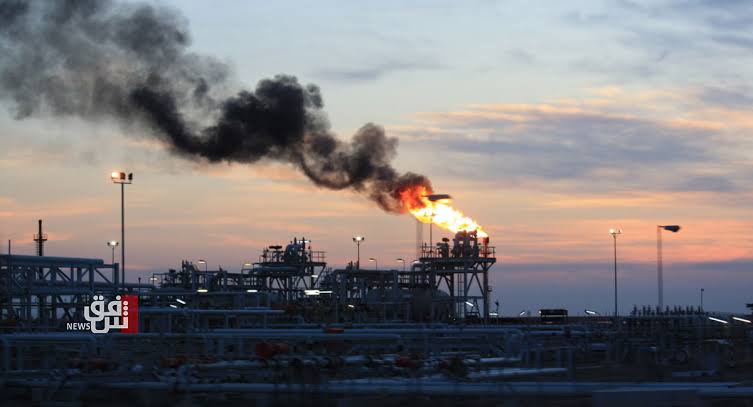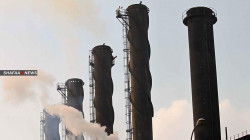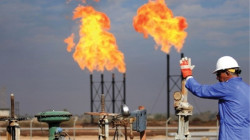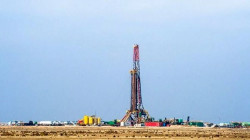Iraqi economists warn of "state collapse" if oil prices plummet

Shafaq News/ Economists have warned of the dangers of the Iraqi federal government's continuously increasing spending, warning of a "state collapse" if oil prices plummet.
The Iraqi state continues to rely on oil as the sole source of its general budget, leaving the country vulnerable to global crises that affect oil now and then.
Economist Ali Dadoush told Shafaq News agency, "Of course, there is an enormous surge in spending this year compared to what has been spent by successive governments in previous years," noting that "the upward trend in public spending is inflated because the high oil prices support it. Once oil prices fall below $20 for a barrel, the country will face financial suicide, leading to the collapse of the state or the government entirely."
Dadoush also attributed the rise in spending this year to" a large number of appointments and investment projects."
"It is an unhealthy situation for the economy," he continued. "The Iraqi parliament may have a say in this matter because of its experiences with the successive governments over the years."
"The Iraqi parliament shall refuse to pass this excessive increase in spending," he continued. "If it is passed under political agreements and coincides with a sharp drop in oil prices. Things will inevitably change for the worse."
"Oil prices will continue to rise, and they won't stop now because factories worldwide rely on it as a source of energy," he said.
No dark tunnel
"Indeed, the government has raised the ceiling of the proposed budget for 2024 to 228 trillion dinars," Economist Ahmed Saddam said in a statement to Shafaq News Agency. "This will raise the deficit to over 80 trillion dinars for the current year."
"I believe that the parliament will reject it," he said. "In the 2023 budget, the actual spending stood to 143 trillion dinars; nearly 72% of the approved amount."
He said the only way for the parliament to approve a budget with a huge spending ceiling is "to compress the deficit to nearly the 2023 levels, with all its risk to the Iraqi economy amid total reliance on oil revenues."
"One might argue that the money was allocated to major investments instead of operating costs, which might be acceptable for some projects with added value."
"It is unlikely that Iraq would fail to pay the salaries of its employees. But still, it puts the government in a difficult position and influences the political atmosphere. Nonetheless, it is still unlikely. Forecasts project that oil prices won't fall severely in 2024."





